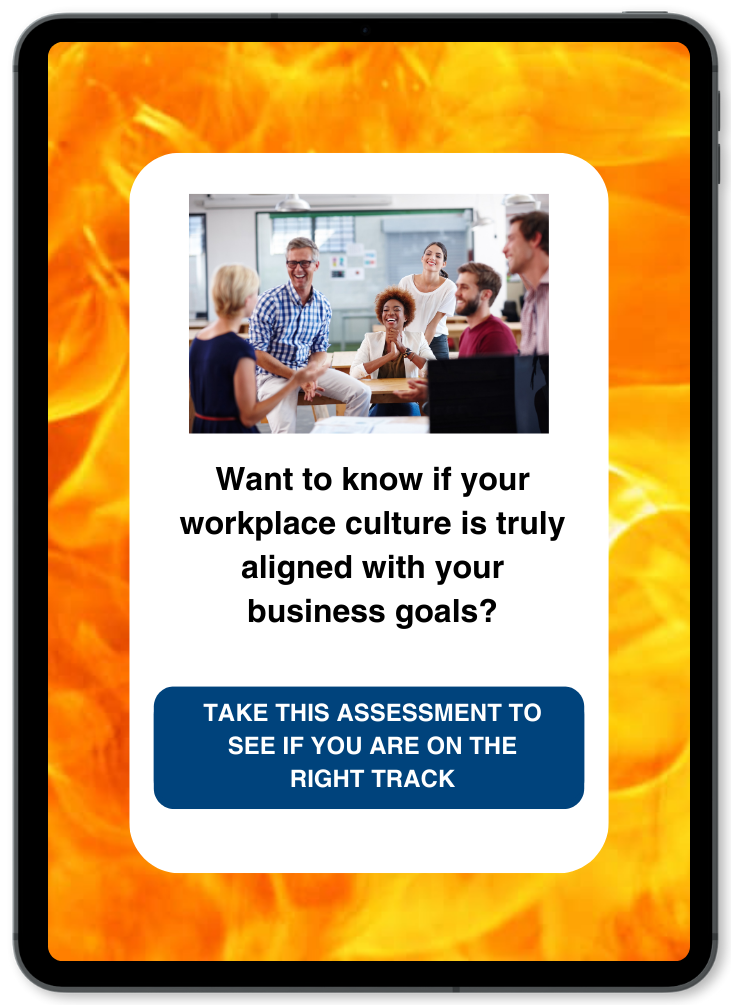 Lindagrace de la Cruz describes herself as a recruiting evangelist at Indeed. Each month, more than 180 million people search for jobs, post resumes and research companies, and Indeed is the #1 source of external hires for thousands of companies. Recently, I had the opportunity to sit down with Lindagrace and hear about key emerging trends. What really struck me about these trends is how our workplace culture will either embrace them and drive our organizations forward successfully or how our culture may allow these trends to overwhelm and disrupt our businesses leaving us in the dust.
Lindagrace de la Cruz describes herself as a recruiting evangelist at Indeed. Each month, more than 180 million people search for jobs, post resumes and research companies, and Indeed is the #1 source of external hires for thousands of companies. Recently, I had the opportunity to sit down with Lindagrace and hear about key emerging trends. What really struck me about these trends is how our workplace culture will either embrace them and drive our organizations forward successfully or how our culture may allow these trends to overwhelm and disrupt our businesses leaving us in the dust.
Specialized Software Driving New Job Requirements
The Apple App store hosts over 2 million apps and in June 2017 there were over 3 million Android apps available. More and more specialized software is being created every day. Apps help us plan our travel, find parking, order groceries, make dinner reservations or let us watch our babies in their cribs even when we’re not at home.
While this might seem like a software developer’s dream, the truth of the matter is that we need to consider the impact not on the developer or the user, but what about the person who needs to respond to the user request. For example, think about the proliferations of dinner reservation apps. Now a restaurant maître d’ needs experience in Open Table. How about the golf course pro shop that now needs to work with Golf Now tee time booking software?
How could the jobs within your organization better embrace available technology? Yes, automation is one way, but how else might your employees use various apps to do their job differently? How can you bring the way you use technology to manage your personal life into how work gets done in your business world? Have you asked your employees how software could improve what they do?
The Modern Workforce actively seeks Opportunity
The internet is changing the way job seekers engage. A recent study by Indeed shows that 91% of people say they are either actively looking or open to a new job. It’s easier than ever before to look for new opportunities because job seekers don’t even need to be constantly searching. Now they can simply set up alerts to keep them up to date. In fact 59% have subscribed to job alerts.
For those of you who are concerned about employee retention, you should be. Apparently 65% of hired candidates worldwide return to recruitment sites within 90 days to look for another job. How can you provide new opportunities for growth within your organization? Could you bring in more job rotations? If you were to redistribute work outcomes across resources, what new job roles might you be able to create?
On the employee attraction front, are your job postings search friendly? What keywords are you using to bring in the best candidates? Should you be adding new skill sets to your recruiters in order to embrace how potential employees are viewing your company? Just setting up an on-line job posting isn’t enough anymore. Potential new employees are using google searches, social media searches and company reviews via Glassdoor or other recruiting sites to find out if your company is one they want to work for. Maybe your recruiters need to be reputation managers as much as recruiters?
A New Paradigm for Full Time Work
Full time used to mean 9 -5 Monday to Friday. Our work weeks are no longer Monday to Friday, and 9 to 5 long ago went out the door. Today, full time work is taking on a new meaning since job seekers are looking for flexibility and technology is allowing them to be remote, mobile and able to work anytime anywhere. While good pay/compensation are still the top keywords in job searches, the next top five keywords include good location, flexible hours, benefits, meaningful work, and work environment. Companies are no longer able to just buy top talent because candidates are weighing a number of criteria when considering a future employer.
When was the last time you made a change in your organization to build in flexibility around how work gets done?
Technology is playing a bigger and bigger role across all aspects of our companies. Job positions are evolving and becoming more unique as technology and skills blend into new combinations. How work gets done is shifting as those companies who leverage technology are able to provide the much wanted flexibility for their employees. How does your culture shape up when faced with these opportunities? Is it a culture that encourages new ideas or are you more comfortable with the reliability of the status quo? Do you have an action oriented culture where change is common and expected or is change difficult and energy sapping?
Former Microsoft CEO Steve Ballmer said, “The number one benefit of information technology is that it empowers people to do what they want to do. It lets people be creative. It lets people be productive. It lets people learn things they didn’t think they could learn before, and so in a sense it is all about potential.” How will your culture release the potential of your employees?


